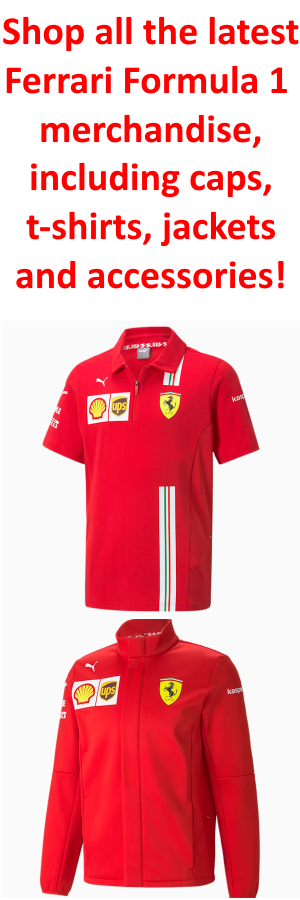Alpine has formally introduced a brand new technical partnership with Mercedes, set to start within the 2026 Method 1 marketing campaign. This growth follows the choice by guardian firm Renault to close down its engine manufacturing facility. Below the settlement, Alpine will make the most of Mercedes energy models and gearboxes via a minimum of 2030, marking a big shift for the French group. Renault, nevertheless, will proceed creating its engines till the conclusion of the 2025 Method 1 season.
Renault CEO Luca de Meo defined the transfer as a part of a broader restructuring of the corporate’s Method 1 undertaking. He cited ongoing monetary challenges in Renault’s automotive division, exacerbated by the influence of the COVID-19 pandemic, as a key issue behind the choice. Whereas the closure of the engine division has sparked discontent amongst Alpine workers, de Meo emphasised the need of lowering prices, noting that sustaining an F1 engine program is an exceptionally costly endeavor.
Former F1 driver Romain Grosjean, who raced for Renault throughout his profession, expressed his disappointment, describing the closure as a “unhappy” growth. Grosjean competed with the group throughout its 2009 marketing campaign and later from 2012 to 2015 when it operated underneath the Lotus model.
This collaboration with Mercedes marks the second occasion within the final decade that Alpine’s Enstone-based outfit will run Mercedes engines. The group briefly used Mercedes energy in 2015 earlier than Renault’s acquisition and the following relaunch of its manufacturing facility group.
On the “Pit Discuss” podcast, motorsport journalist Matt Coch described Ferrari’s and Audi’s selections to not pursue an identical cope with Alpine as “baffling.” Matt Coch argued that Mercedes stands to achieve a big aggressive edge from this partnership, notably underneath the brand new engine laws set to debut in 2026.
Mercedes Beneficial properties Key Benefit in opposition to Ferrari in 2026 F1 Panorama
The introduction of hybrid energy models in 2014 highlighted the significance of buyer groups in Method 1. Suppliers like Mercedes, Ferrari, and Renault benefited from further knowledge via partnerships with different groups utilizing their energy models. As Method 1 prepares for one more main regulatory overhaul in 2026, solely Mercedes and Pink Bull are anticipated to produce energy models to a number of groups. In distinction, Ferrari, Audi, and Honda plan to focus completely on their works groups and Aston Martin.
“I’m baffled as to why the likes of Ferrari or Audi or any of the opposite energy unit producers weren’t combating tooth and nail to get that provide cope with Alpine. We’re going into 2026 and all of the regulation cycle knowledge goes to be essential,” mentioned Matt Coch. – “Mercedes has extra regulation knowledge than every other producer, notably than the likes of Honda who’s going to have one group, Ford goes to have one group, Ferrari received’t have that many knowledge factors, Mercedes goes to have an enormous aggressive benefit and having somebody pay for the privilege. That’s simply sensible enterprise.” – the motorsport journalist identified.
Mercedes: Dominant Drive within the Hybrid Period
Because the introduction of hybrid energy models in 2014, Mercedes has established itself as essentially the most profitable engine provider in Method 1. The group’s dominance may be traced to its early funding in hybrid know-how, which started way back to 2011. This head begin, coupled with appreciable affect over the regulatory framework, gave Mercedes a decisive benefit when the brand new guidelines got here into impact.
It took Ferrari three seasons to develop an influence unit able to difficult Mercedes, whereas Honda endured years of struggles earlier than discovering success with Pink Bull in 2020. Regardless of these developments, Mercedes stays the benchmark when it comes to wins and total efficiency. In contrast, Renault has managed solely 4 Grand Prix victories as an engine provider since 2014.
As Alpine transitions to Mercedes energy, the French group hopes to learn from the experience and technological prowess of essentially the most profitable engine producer of the hybrid period. The transfer underscores the quickly shifting dynamics in Method 1’s aggressive panorama as groups put together for a brand new period of innovation and competitors.



